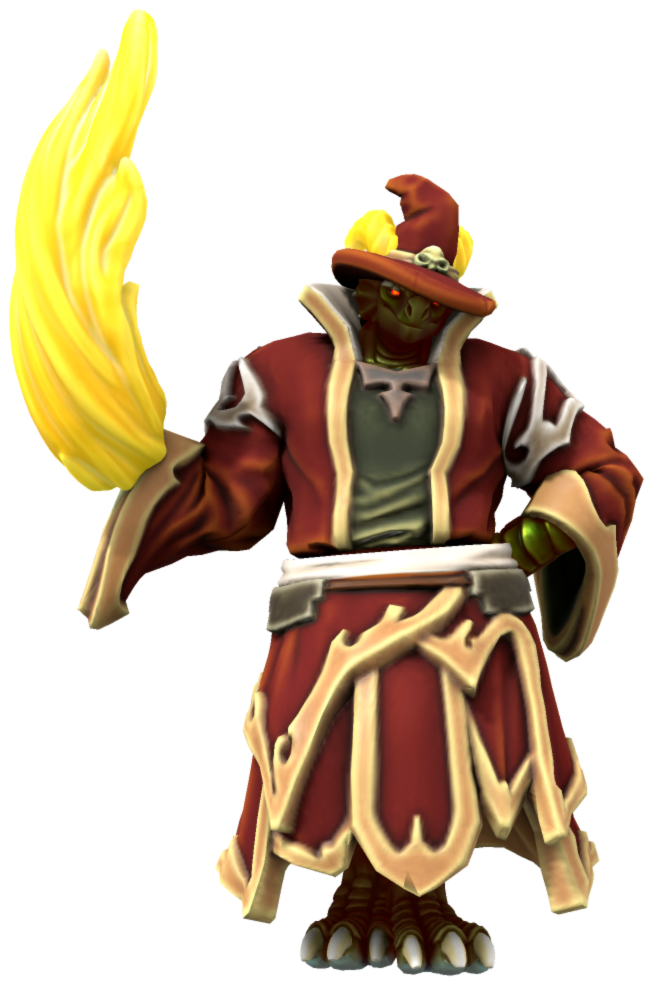Aureus
No Reward Without Effort
The golden Aureus is the central currency of the Draconian villages of Bortan, Evity, Ealla, Tamd, and Yirthum, as well as the city of Zephys. It is often one of the stronger currencies in the world, as the villages have their own central economies that do not rely on each other, and thus when one suffers hardship, the others can do their best to keep the Aureus from tanking.
The Draconian Currency
The Aureus is not the only coin in the Draconian economy, it is simply the largest. Whenever speaking of coins for the Draconian people, the Aureus is the center of conversation, and little else can be said about anything else. That being said, aside from nobles and particularly wealthy families, most Draconians rarely see an Aureus, and if they do, it's not more than a few at a time. Made of gold, they are worth a considerable amount, though the later they are produced the less gold they are actually composed of.Origins
Before the Aureus and surrounding currencies, the Draconian villages were not part of one nation, and thus did not hold a central currency. Trade was difficult, often intentionally so from them as there was fierce animosity between them. Kilprax Ildial, the first Grand Wizard, did not want to change too much, and instead of making a standard currency, he did what he could to find equivalent currencies between each village so that they could trade together as part of one economy. His successor, Tobor Tuldad, was told to rescind this policy. He was a puppet of the Elves, who wanted to control the Draconian people, and so he implemented the Aureus to try and take the reigns of their economy. His plans did not work as he intended, but after his death, the third Grand Wizard, Iorkul Kricel, fixed the flaws in Tobor's creation. Tobor was not dumb, especially when it came to money, and he had made a strong currency. As long as it wasn't used for the purposes of helping the Elves, it was actually able to unite the villages. The next Grand Wizards were not as excited about this, particularly the fourth Grand Wizard Wiscys Nicandir, who did not like the idea of a united Draconian nation, and so it was weakened for some time by legislation that kept it from gaining too much power. This was until the sixth Grand Wizard, Brenvorth Taldis, who it is said had the strongest economy of any Grand Wizard, largely because he embraced the Aureus as the greatest weapon of the Draconian people.Conversion
Exchange rates for the Aureus are strange, particularly when it comes to the currencies that often hold more power. The Ruzrugh Rupee, the Livre of Camor, the Kamejin Ryō, and even the Alzirgan Drachma are almost always worth more than the Aureus, and the currencies of the Kingdom of Man, the Dwarven Territories, and the Korvian City often stand at the same position in global trade as the Aureus.Inscription
The aureus originated in the reign of the second Grand Wizard, Tobor Tuldad, who helped to standardize Draconian currency. He put his own face on them, but after his death, this was quickly changed to his successor, Iorkul Kricel. This trend continued with the following Grand Wizards until the ninth, Qelbor Vammush. It was Qelbor's ascension to the throne that solidified the Grand Wizard Struggle, and so those that minted the coins refused to show every single Grand Wizard. Qelbor conceded, saying that it would be best to give the coins to the Grand Wizard that never got one. Thus, the permanent face given to the coins was that of the first Grand Wizard, Kilprax Ildial. On the other side, an image of the Temple of Helle, Draconian Goddess of Greed is inscribed. On some rare coins, there have been images of the scales of her twin brother and rival, Phrixus, but these coins are worth considerably less due to Helle's manipulation of the market.No Reward Without Effort
Beneath the face of Kilprax are words in the Draconic language that read:palma non sine pulvereThis means "no reward without effort" and is said to be the words of Helle herself. It is said to mean that one cannot expect anything if they do not put in the work, and thus the belief of Helle worshippers is often that the one with the most money has worked their way there, or that people must work hard to reach immense wealth. Of course, this is often not the case, but still it is a belief many hold in their hearts.




Comments